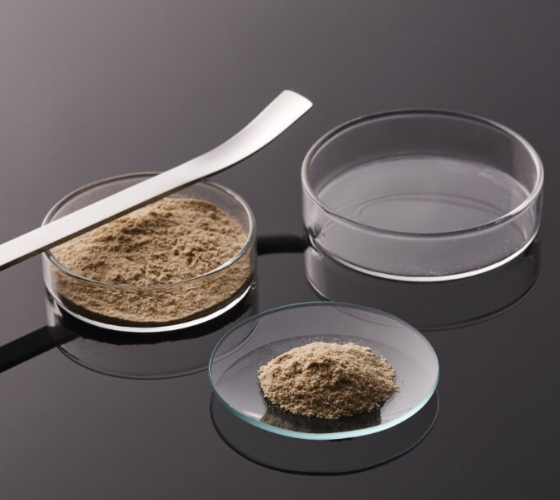Oligo Fucoidan's Role in Inhibiting Lung Cancer

In recent breakthroughs, Fucoidan, a complex carbohydrate derived from brown seaweeds, has emerged as an adjunct therapy in the fight against breast cancer. Studies reveal its ability to impede the proliferation of tumor cells, offering a complementary approach to conventional treatments.
In 2014, Professor Hsien-Yeh Hsu of Yang-Ming University in Taiwan published a study in Oncotarget: Fucoidan inhibition of lung cancer in vivo and in vitro: role of the Smurf2-dependent ubiquitin proteasome pathway in TGFβ receptor degradation. In this study, scientists explored the potential of Oligo Brown Seaweed Fucoidan (from Hi-Q Marine Biotech), a polysaccharide extracted from brown seaweeds, to inhibit lung cancer growth. Oligo Brown Seaweed Fucoidan has shown promise in reducing tumor cell proliferation.
Key Findings:
- Tumor Growth Inhibition: The study involved male C57BL/6 mice with LLC1 xenografts. Continuous feeding of Oligo Brown Seaweed Fucoidan led to a significant reduction in tumor size. The continuous feeding group showed greater antitumor activity compared to the intermittent feeding group.
- Inhibiting Lung Cancer Cell Growth: Oligo Brown Seaweed Fucoidan also inhibited the growth of lung cancer cells in vitro.
- Reducing TGFR Protein Levels: Transforming growth factor beta (TGFB) receptors (TGFRs) play a crucial role in cell proliferation and progression. High TGFRI expression in lung cancer is associated with worse prognosis. The study found that Oligo Brown Seaweed Fucoidan effectively reduces TGFRI and TGFRII protein levels both in vivo and in vitro.
- Inhibiting Downstream Signaling: Oligo Brown Seaweed Fucoidan reduced downstream signaling events of TGFR, including Smad2/3 and non-Smad pathways like Akt, Erk1/2, and FAK phosphorylation.
- Enhancing Protein Degradation: Oligo Brown Seaweed Fucoidan promotes the ubiquitin-proteasome pathway (UPP)-mediated degradation of TGFRs, facilitated by Smurf2 and Smad7. This leads to reduced TGFR protein levels.
Conclusion: This study unveils a novel mechanism through which Oligo Brown Seaweed Fucoidan modulates the TGFR/Smad7/Smurf2 axis, leading to TGFR protein degradation and inhibition of lung cancer cell progression. These findings highlight the potential of Oligo Brown Seaweed Fucoidan as a therapeutic agent or dietary supplement for lung cancer treatment.
Reference: https://pmc.ncbi.nlm.nih.gov/articles/PMC4202167/



